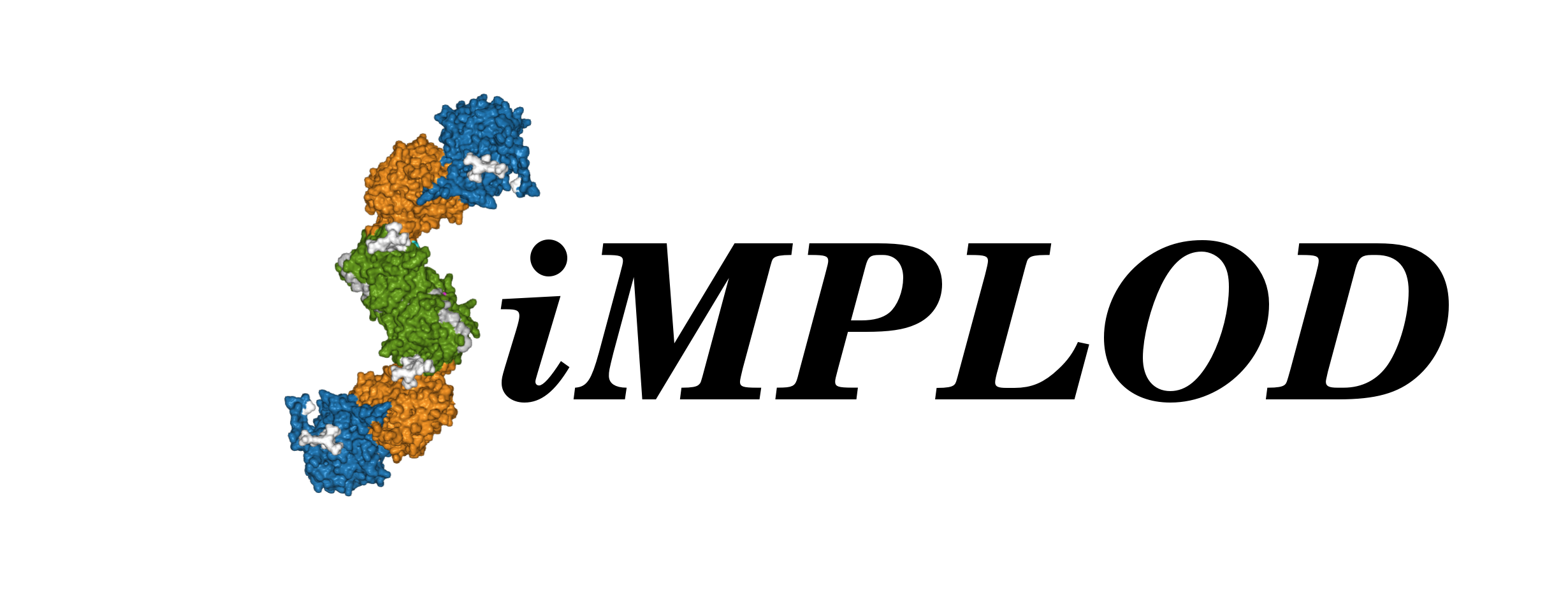 About
Contact
References
Structures
Adv. Search
Stats
Demo
About
Contact
References
Structures
Adv. Search
Stats
Demo
| LH1 TRP612END | ||
| SiMPLOD ID |
SiMPLOD1-206 | |
| Isoenzyme |
Lysyl Hydroxylase 1 (human) - UniProt - Full Info | |
| Nucleotide mutation |
PLOD1 NM_000302.2:c.1836G>A - NCBI RefSeq NCBI SNP: rs121913553 |
|
| Mutation type |
Uncertain significance | |
| Disease Phenotype |
no disease phenotype information available | |
| Evidence at protein level |
Warning: this variant incorporates a premature truncation of the aminoacid sequence at residue 612, and may result in misfolding and/or complete absence of the enzyme. This variant is EXTREMELY UNLIKELY to be compatible with a folded LH enzyme. The representation shown in the structure viewer is therefore for mere display purposes and does not refer to an actual predicted existing protein product. |
References |
Brinckmann et al., 1998 - DOI - PubMed |
| Structural Observations |
||
| Related Entries |
SiMPLOD1-207: LH1 TRP612CYS (Pathogenic) SiMPLOD1-327: LH1 delta586-634 (Pathogenic) | |
| Last Update |
2021-06-23 08:38:51 | |
|
The three-dimensional visualization is currently based on the homology model of full-length, dimeric human LH1 (generated using the crystal structure of full-length human LH3 as template). You may select a different PDB model file to visualize the mutation(s) using the drop-down menu below (page will refresh): |
||
Thank you for using SiMPLOD - Created by Fornerislab@UniPV Follow @Fornerislab - Last curated update: 1970-01-01 00:00:00
We truly hate messages and disclaimers about cookies and tracking of personal info. But don't worry, we don't use any.